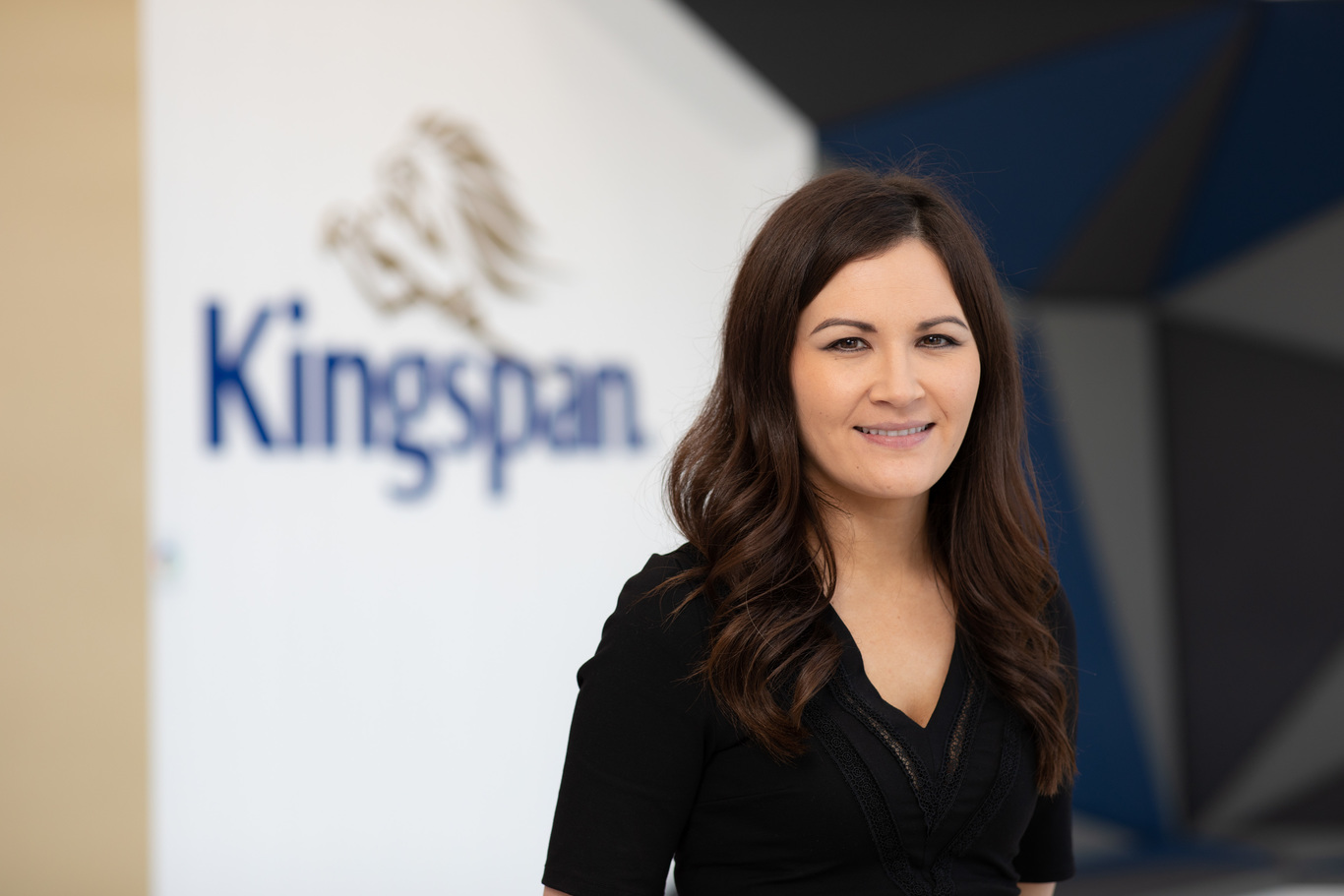Energy, carbon, circularity and water: Kingspan's plan to tackle climate change
The Irish building materials giant is looking to curb its emissions as the UN COP25 conference kicks off in Madrid.
BUILDING MATERIALS COMPANY Kingspan is launching a decade-long strategy, called Planet Passionate, to reduce its environmental impact by 2030.
With governments, including our own, starting to set ambitious climate-action goals to meet international targets, more companies are looking at innovative ways to reduce their emissions.
Kingspan’s plan was announced as the company said it wants to “play its part” in reducing the world’s carbon emissions by 45% by 2030, as determined in the Paris Agreement, and contribute towards the achievement of the UN Sustainable Development Goals under discussion this week at the UN Climate Change Conference (COP25) in Madrid.
Under the plan, the listed company wants to power 60% of all its operations from a range of renewable energy sources – including 20% on-site generation – to recycle rainwater, to achieve net-zero carbon manufacturing and to bring about a 50% reduction in the CO2 intensity of its products from its primary suppliers.
Long-term, the company wants to drive carbon emissions out of its business – an ambitious target considering building and construction is one of the most carbon-intensive industries.
Bianca Wong, the group head of sustainability for the company, said that this is possible on a net-zero basis – which means the company still produces carbon emissions but takes counter-measures to offset them.
“We don’t really know what the future holds but that needs to be the ambition. That’s what sparks innovation and collaboration as well, so it’s something that we need to do,” Wong said.
Not ‘business as usual’
The company previously set “Net Zero Energy” goal in 2011, to match 100% of its operational energy use with renewable energy. In its statement today the company said it is on track to achieve this goal.
When that plan was launched “no other companies were doing that, definitely not in the manufacturing space,” according to Wong.
In that time, the programme has helped the company to reduce its carbon intensity by 83% in eight years.
Businesses are also noticing an increasing demand from investors and stakeholders for more information on their long-term sustainability strategies and exposure to environment-related financial risk.
“It’s not good enough for businesses to be business as usual,” Wong said. “We did spend a lot of time speaking to our stakeholders when we were developing this program. Once it was developed we went back and forth with a lot of our key customers to understand is there anything missing and did they feel that we are adequately addressing the challenges that we’re facing.”
The company has “high-tier customers who have demanded this for a very long time”, Wong said, adding that there’s a changing awareness around sustainability.
“We’ve definitely seen the enquiries rise around sustainability.”
The company has 129 manufacturing sites globally, so rolling out the new strategy will be challenging, Wong said.
It has also recently launched a €10 million global innovation centre, IKON, which will be a key part of the Planet Passionate strategy.
“It’s a forever project really. It’s not something we’re ever going to be able to say, ‘that’s done,’” she said.
Circular economy
Kingspan also announced its new membership of the Circular Economy 100 (CE100) - the world’s leading circular economy network.
As part of its circular economy bid, Kingspan is planning to increase its upcycling of PET plastic bottles into insulation products from 300 million to 1 billion bottles per year – and to achieve zero waste to landfill across all of its sites.
“This is the first step in the journey,” Wong said. She added that the company has made a “significant investment in a group sustainability team”, which will look at the product portfolio and see where changes can be made.
The long term plan is to scale this process where possible.
In general, Wong reckons the uptake in circular economy solutions has been quite slow – but Ireland no slower than other countries. Other Irish companies, like the Nu Wardrobe, have previously suggested that Ireland is slow on the uptake when it comes to these solutions.
“Some are quite advanced, like the Netherlands, but I think that’s starting to filter through,” Wong said. ”I don’t by any means feel that we’re very far behind but I do feel that, like most countries, we do have a lot of work to do.”
Get our Daily Briefing with the morning’s most important headlines for innovative Irish businesses.






